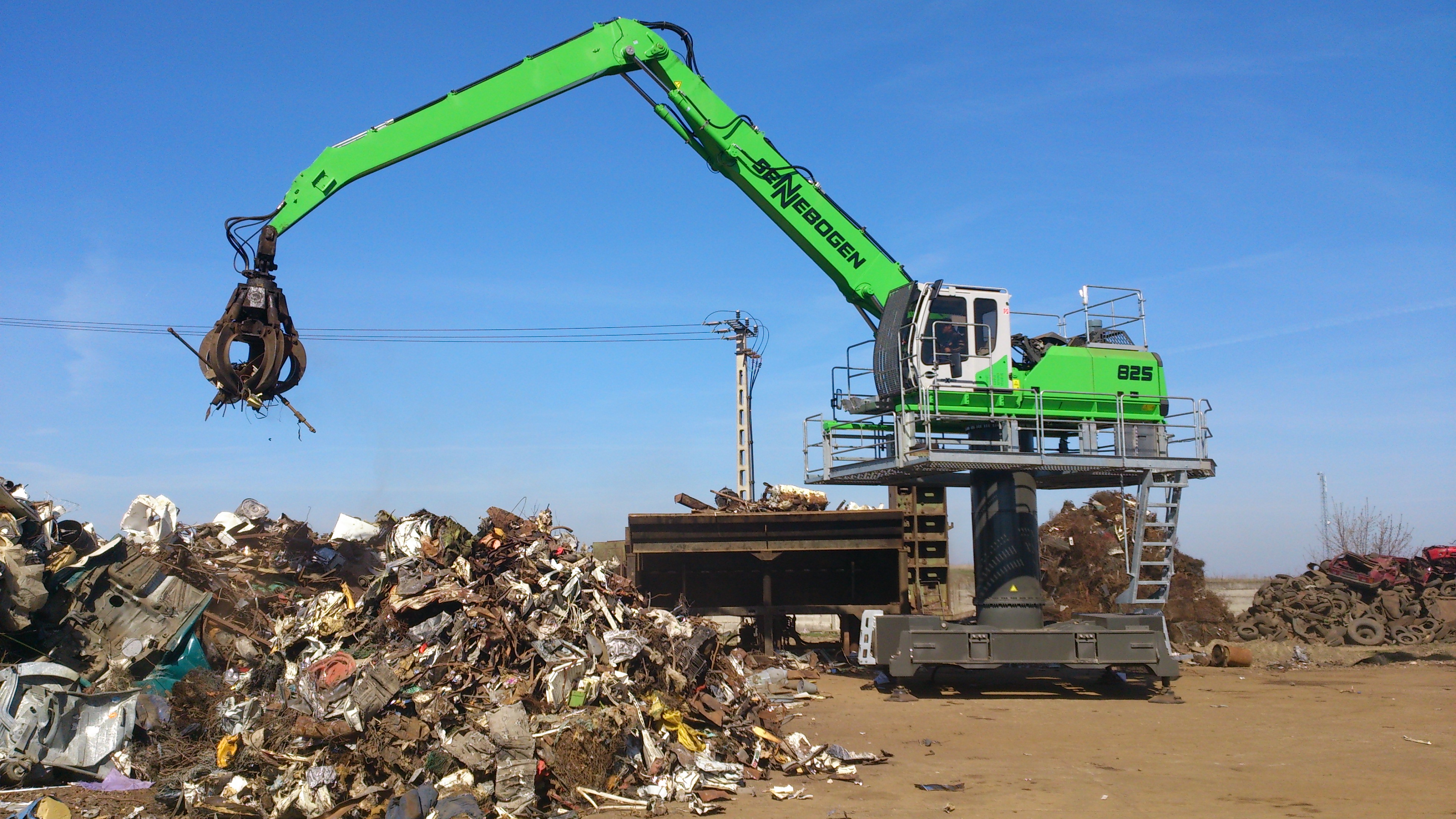The Hidden Gold in Your Junk: Understanding Scrap Metals
In the modern age of consumerism and rapid technological advancements, we often overlook the immense value hidden within items we consider junk. From old appliances to discarded electronics, scrap metals are a treasure trove waiting to be discovered.
In this blog, let’s delve into the fascinating world of Scrap Metals Melbourne, exploring their types, benefits, and the critical role they play in both the economy and the environment.
What Are Scrap Metals?
Scrap metals are discarded metallic materials that can be recycled and repurposed into new products. These metals come from various sources, including old vehicles, construction waste, household appliances, and even everyday items like soda cans and wires. The recycling of scrap metals involves collecting, sorting, and processing these materials to produce raw metal that can be used in manufacturing.
Types of Scrap Metals
Scrap metals are broadly categorised into two types: ferrous and non-ferrous metals.

Ferrous Metals:
- These metals contain iron and are magnetic.
- Common examples include steel and iron.
- Ferrous metals are often found in household appliances, vehicles, and industrial equipment.
- They are highly durable and have a wide range of applications in construction and manufacturing.
Non-Ferrous Metals:
- These steel recycling Melbourne metals do not contain iron and are non-magnetic.
- Common examples include aluminium, copper, brass, and zinc.
- Non-ferrous metals are lighter and more resistant to corrosion compared to ferrous metals.
- They are commonly used in electrical wiring, plumbing, and for making cans and foils.
The Environmental Impact of Scrap Metal Recycling
Recycling scrap metals has significant environmental benefits. Here’s how:
Conservation of Natural Resources:
- Mining for new metals depletes natural resources and disrupts ecosystems.
- Recycling reduces the need for mining, conserving valuable raw materials like iron ore, bauxite, and copper.
Energy Savings:
- The process of recycling scrap metals Melbourne requires significantly less energy than extracting and processing new metals.
- For instance, recycling aluminium saves up to 95% of the energy required to produce aluminium from raw materials.
Reduction of Greenhouse Gas Emissions:
- Metal production from virgin materials emits a large amount of greenhouse gases.
- Recycling metals produces far fewer emissions, contributing to the reduction of air pollution and combating climate change.
Reduction of Landfill Waste:
- Discarded metals that are not recycled end up in landfills, taking up valuable space and potentially leaching harmful chemicals into the environment.
- Recycling helps reduce the volume of waste in landfills, promoting a healthier environment.
Economic Benefits of Scrap Metal Recycling
Recycling scrap metals not only benefits the environment but also plays a crucial role in the economy. Here’s how:
Job Creation:
- The recycling industry creates numerous jobs in the collection, processing, and selling of scrap metals.
- These jobs range from entry-level positions to more specialised roles, supporting local economies and providing employment opportunities.
Revenue Generation:
- Scrap metal recycling generates significant revenue for businesses and governments.
- Individuals can also profit by selling scrap metals, turning unwanted items into cash.
Cost Savings for Manufacturers:
- Using recycled Steel Recycling Melbourne metals in manufacturing is often cheaper than using virgin materials.
- This cost saving can be passed on to consumers in the form of lower prices for goods.
Stabilisation of Metal Prices:
- The availability of recycled metals helps stabilise prices in the metal market.
- This stability benefits industries that rely on metal as a primary raw material.
How to Get Started with Scrap Metal Recycling
Getting started with scrap metal recycling is easier than you might think. Here are some steps to help you begin:
Identify Scrap Metals:
- Look around your home or business for items made of metal, such as old appliances, electronics, and construction materials.
Sort and Separate:
- Separate ferrous and non-ferrous metals for easier processing and higher resale value.
Find a Recycling Centre:
- Locate a nearby recycling centre or scrap yard that accepts the types of metals you have.
Sell Your Scrap:
- Take your sorted metals to the recycling centre and sell them for cash. Many centres pay by weight, so the more you collect, the more you can earn.
Final Words
Scrap metals, often considered waste, are actually valuable resources that can be recycled and repurposed. By understanding the types of scrap metals Melbourne, their environmental and economic benefits, and how to start recycling, you can contribute to a more sustainable future.
So, the next time you come across a rusty old appliance or a tangled mess of wires, remember the hidden value in scrap metals and take action to recycle.
Comments
Post a Comment